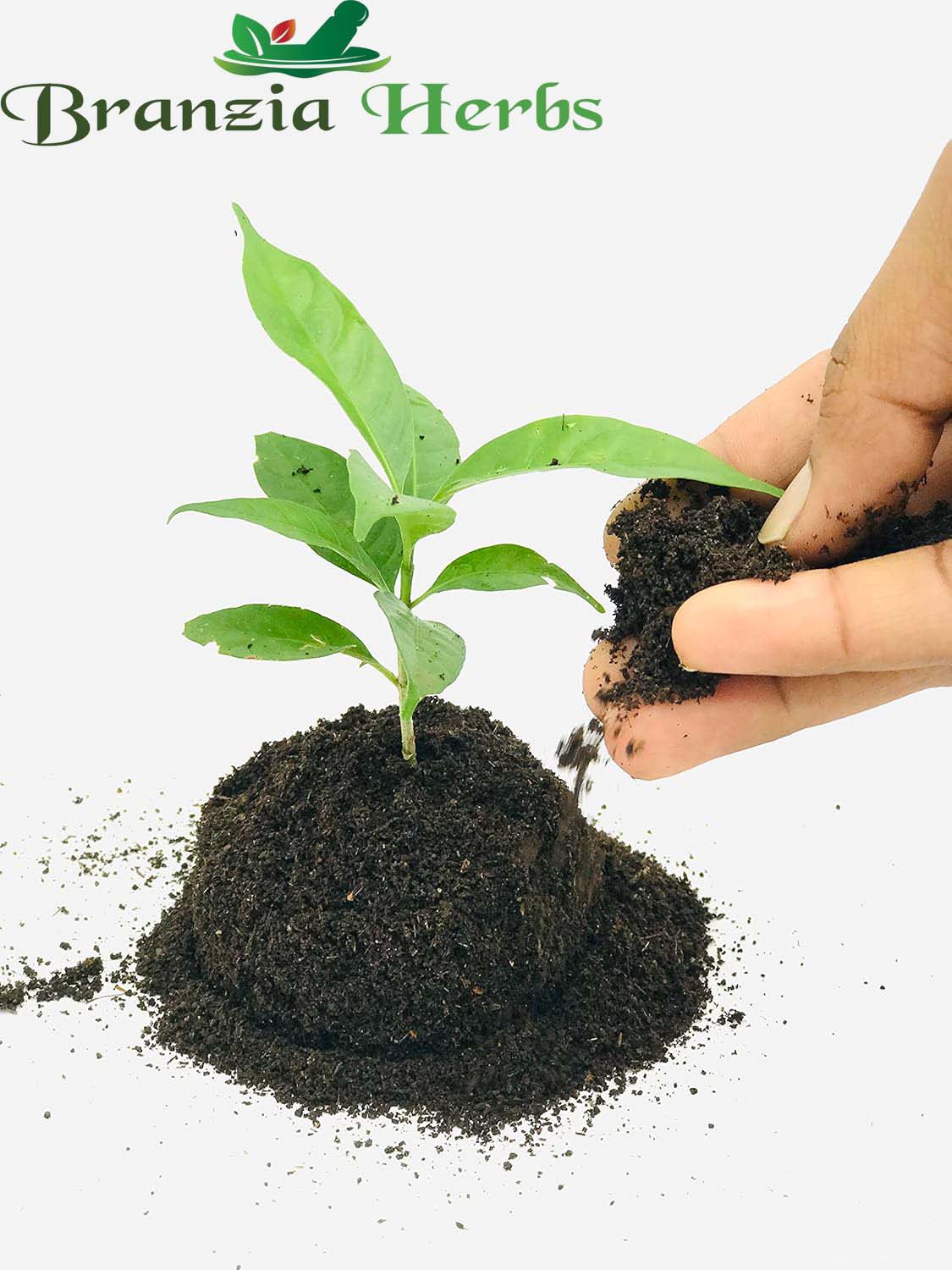Moringa oleifera, commonly known as Drumstick Tree or Moringa, is renowned for its nutritional and medicinal benefits. Dwarf Drumsticks (or Chedi Muringa) is a smaller variety of this versatile plant, known for its compact size and high productivity. Here's a comprehensive guide on Dwarf Drumsticks seeds and their planting care:
Characteristics
-
Appearance:
-
Seeds: Moringa oleifera seeds are small, flat, and brown, with a somewhat winged or papery appearance. They are contained in a long, slender pod that matures and splits open to release the seeds.
-
Fruit (Pod): The pods, often referred to as "drumsticks," are long and slender. They contain seeds and are edible when young.
-
Tree Size:
-
Height: The dwarf variety of Moringa typically grows to about 6-10 feet (1.8-3 meters) tall, compared to the standard variety which can reach up to 30 feet (9 meters).
-
Canopy: It has a bushy, spreading canopy with feathery, green leaves.
Benefits
-
Nutritional Uses:
-
Edible Parts: The leaves, pods, and seeds of Moringa oleifera are edible and highly nutritious. The leaves are particularly rich in vitamins, minerals, and antioxidants.
-
Supplement: Moringa leaves are often dried and powdered to be used as a dietary supplement or added to smoothies and foods.
-
Medicinal Uses:
-
Health Benefits: Moringa is known for its potential health benefits, including anti-inflammatory, antioxidant, and anti-diabetic properties. It is used in traditional medicine for various ailments.
-
Agricultural Benefits:
-
Fast Growth: Moringa grows quickly and can be harvested multiple times a year, making it a valuable crop in agricultural settings.
-
Soil Improvement: It improves soil fertility through its leaf litter and root system.
-
Environmental Benefits:
-
Drought Tolerance: Moringa is drought-tolerant and can grow in arid and semi-arid regions.
-
Shade and Erosion Control: Provides shade and helps control soil erosion with its extensive root system.
Planting Dwarf Drumsticks Seeds
-
Preparation:
-
Seed Treatment: Moringa seeds have a hard outer shell. Scarification (light sanding or nicking) and soaking the seeds in water for 24 hours before planting can improve germination rates.
-
Timing:
-
Optimal Season: Plant seeds in the spring or early summer when temperatures are warm. Moringa prefers warm temperatures and cannot tolerate frost.
-
Soil and Location:
-
Soil Type: Prefers well-drained, sandy or loamy soil. It can tolerate poor soil conditions but performs best in soil with good drainage.
-
Location: Choose a sunny location with full sun exposure. Moringa thrives in tropical and subtropical climates.
-
Planting:
-
Sowing Seeds: Plant seeds about 1 inch (2.5 cm) deep in the soil. Space seeds or seedlings about 3-5 feet (1-1.5 meters) apart to accommodate the mature tree size.
-
Germination: Seeds typically germinate within 1-2 weeks. Keep the soil consistently moist but not waterlogged during this period.
-
Watering:
-
Initial Care: Water regularly to keep the soil moist until the seedlings are established.
-
Ongoing Care: Once established, Moringa is drought-tolerant but will benefit from occasional watering during dry periods.
-
Fertilizing:
-
Nutrients: Fertilize with a balanced fertilizer or compost to support healthy growth, especially if the soil is poor in nutrients.
Care and Maintenance
-
Pruning:
-
Trimming: Regular pruning helps maintain the compact size of the dwarf variety and encourages bushier growth. Remove any dead or damaged branches and thin out the canopy if necessary.
-
Pest and Disease Management:
-
Monitoring: Moringa is generally resistant to pests and diseases but should be monitored for issues such as aphids, spider mites, or fungal infections.
-
Control: Use appropriate treatments if problems arise, following local guidelines.
-
Protection:
-
Young Trees: Protect young trees from extreme weather conditions and pests until they are well-established.
Environmental Considerations
-
Climate Adaptation: Moringa is best suited to tropical and subtropical climates but can be grown in temperate regions with proper care and protection from frost.
Summary
Dwarf Drumsticks (Moringa oleifera) seeds are a valuable resource for their nutritional, medicinal, and agricultural benefits. The dwarf variety's compact size makes it suitable for smaller spaces and urban gardens. By following proper planting and care guidelines, you can successfully grow Moringa and enjoy its numerous advantages. Ensure you provide a warm, sunny location and well-drained soil for optimal growth




